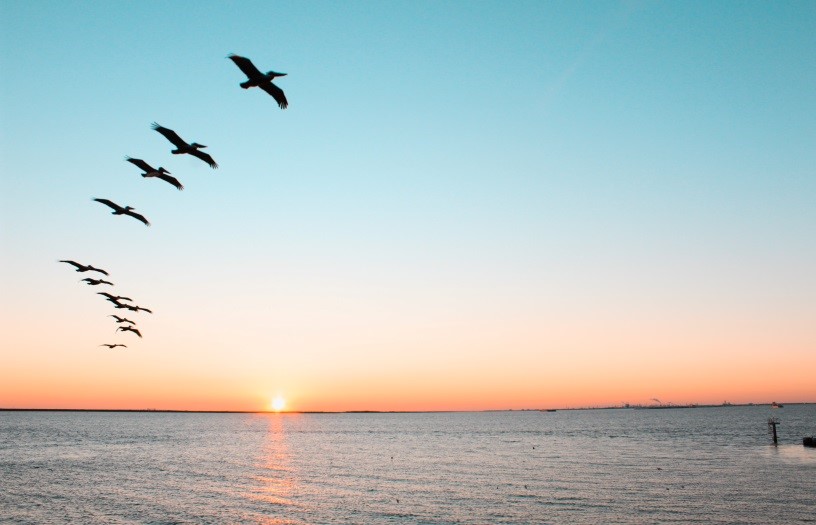In this brief analysis I will refer to the results of the presidential election, which produced several surprises, the biggest of which was the emergence of Parisi in third place despite his absence from the country. Having campaigned virtually, not in person, from the United States, accused of a million-dollar alimony debt, his position above the candidates of the coalitions that have governed the country for the last 30 years is a sign of the times.
This is a sign that is complemented by the last election for the party’s Convention, where the People’s List, now defunct, obtained an unexpected vote that shocked the political world. Now, it is the People’s List, which has Parisi as its candidate for the presidency, that is making a splash. That it achieved a similar vote to the centre-right candidate (Sichel) without major financial backing, without physical presence and without any primary must be telling us something. The same goes for his advantage over the centre-left candidate (Provoste).
If we look at Parisi’s discourse, we see that he is making an effort to distance himself from the right-left axis and to take advantage of the anti-immigrant and anti-political discourse. Just as in its time, for the conventional election, the People’s List relied on the reigning political discredit, which soon disintegrated, trapped in its own traps. The fact is that today, Parisi’s voters are most likely to be the ones who will define who will win the second round of the presidential election, which will take place in a little less than a month’s time. They will define it by tilting their vote in favour of Kast or Boric, or by abstaining.
The other surprise is the emergence of Kast, who was not dented by his weak showing in the last presidential debate. His emergence shows that he has been able to tune in to the growing feelings of insecurity affecting people through an impact centred on the need to impose order in the midst of a growing climate of violence. In this sense, his discourse was far superior to that of the other representative of the right (Sichel).
The ultra-left, for its part, was left in irrelevance, without much influence to tip the balance in the second round. I disagree with those who argue that the country is going through a period of polarisation. That would have been the case if Kast and Artés were running against each other in the second round, which is not the case. What has happened is that within the right, there has been a strong shift towards the ultra-right, but not on the left, where the ultra-left has at most a merely testimonial presence.
It is assumed that the majority of Sichel’s voters will be behind Kast, just as Provoste’s voters will be behind Boric, while among Enriquez-Ominami’s voters, we could presume that a third will be in favour of Kast and two thirds in favour of Boric.
What is concrete is that:
- The first two majorities add up to just over 50%, so they will have to be able to attract those who today voted for those who were left behind, as well as those who today abstained;
- The political crisis is expressing itself in a weakening of the historic political parties that have dominated Chilean politics since the 1990s, parties that can no longer postpone a self-assessment without risking being left out of the game;
- The political crisis is also translating into a multiplication of small parties that will undoubtedly weaken the country’s governability;
- The pole represented by the far right has strengthened to the detriment of the soft or social right;
- The behaviour of Parisi’s voters and of those who did not vote in this first round will be key to the results of the second round;
- Decades of party stability are giving way to a period of political instability or adjustment, the duration of which is unpredictable;\
- Today the winds are blowing in Kast’s favour, just as less than two years ago they were blowing against him.
As in football, no one can claim victory until the final whistle. This shows the volatility in which Chilean politics is immersed, which, if one looks at the global concert, is affecting several countries.












